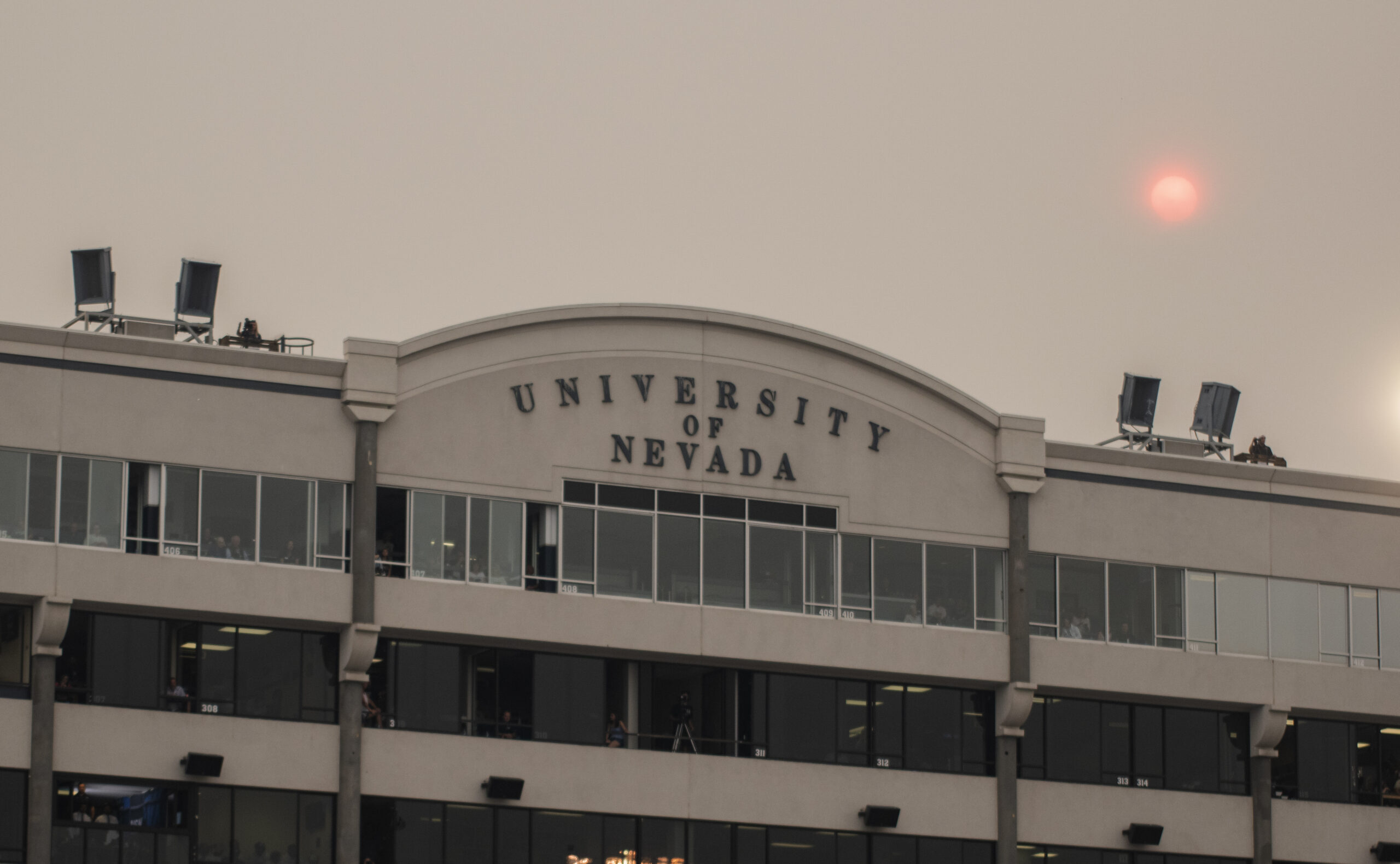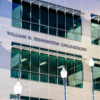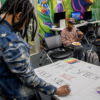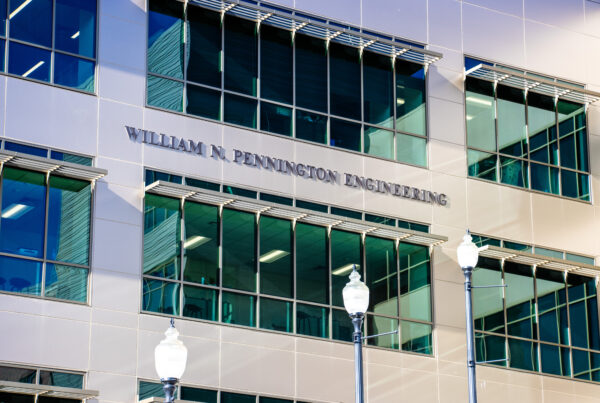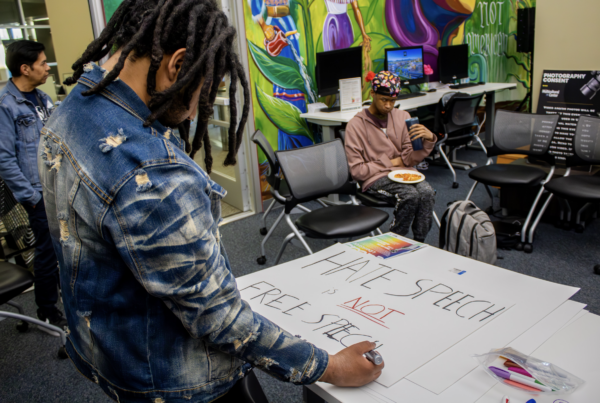The vast majority of students and faculty we have interacted with have been happy to be back in the classrooms and off Zoom and want to stay that way as much as possible. However, we need to do much more to protect the Pack during recurring episodes of unhealthy or hazardous air quality due to wildfires. This recent article and Gabe Kanae’s editorial in the Sagebrush highlight how we are underprepared for these smoke events. Beyond the distressing stories of students having to move out of their dorm rooms, we heard reports of visible smoke and unhealthy or even hazardous readings on air quality monitors inside various buildings on campus. We heard from asthmatic students, faculty, and staff members that they get triggered at much lower air quality alert levels than most people do.
Similarly, whereas wildfire smoke is known to be damaging to our respiratory systems and high quality respirators can help protect us, official messaging has taken more care to emphasize the “voluntary” nature of this protection rather than offer stronger encouragement. Finally, when classes were canceled on September 14, many faculty and students would have been able to shift to remote learning operations as TMCC did; however, there seems to be a general aversion to pivoting to remote options when necessary, so most UNR classes were simply canceled.
We call the administration to take greater steps protect the entire Wolf Pack during wildfire events, such as:
- Ensuring that instructors and staff have the discretion to shift to remote work on days with unhealthy air quality and that this discretion doesn’t solely depend on individual supervisors, who may be resistant to such accommodation;
- Reminding faculty that they need to accommodate students who miss class on days with unhealthy air quality;
- Encouraging the use of and providing access to appropriate respirators in outdoor spaces during smoke events to protect the health of our community;
- Recognizing that indoor spaces with insufficient air filtration may also have unsafe air quality, encourage the use of and provide access to respirators and clean rooms;
- Installing building-level filtration to remove particulate pollution, and where that is infeasible, providing portable air purifiers for classrooms and residence hall rooms; and
- Installing air-quality monitoring systems in buildings across campus that can be viewed by community members so they can assess their personal risk.
The same air filtration technology that removes smoke particulates also removes coronavirus-containing aerosols or other airborne pathogens. It is past time for the University to take action to improve the indoor air quality across all buildings campus for the health and safety of the Pack.
Signed,
Nevada Faculty Alliance-UNR Chapter Board
Editor’s note: The above statement was made by the Nevada Faculty Alliance. Opinions expressed are solely those of the author and do not necessarily express the views of The Nevada Sagebrush or its staff. For any questions regarding the statement please reach out to edrewes@sagebrush.unr.edu.

